Publications
Articles, publications, books, tools and multimedia features from the U.S. Institute of Peace provide the latest news, analysis, research findings, practitioner guides and reports, all related to the conflict zones and issues that are at the center of the Institute’s work to prevent and reduce violent conflict.
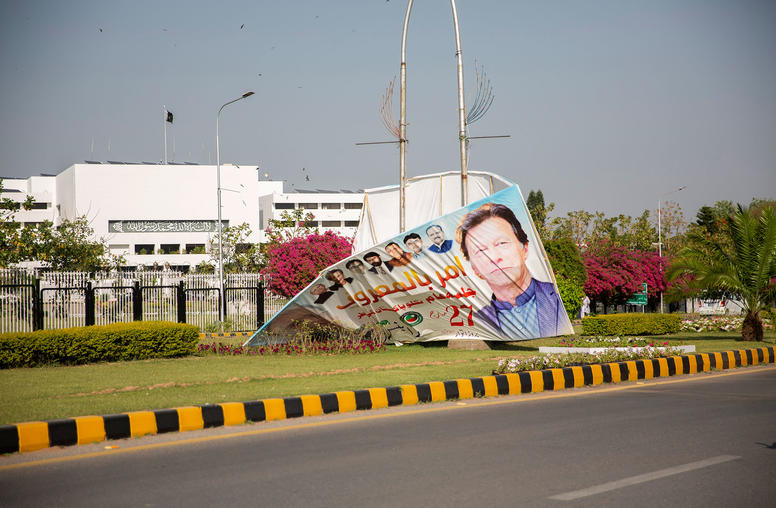
What’s Next for Pakistan’s Politics After Ouster of Imran Khan?
After a month of political crisis in Islamabad, Pakistan’s united opposition parties successfully removed Prime Minister Imran Khan in a vote of no confidence on April 10 and then on April 11 voted in opposition leader Shahbaz Sharif as the new prime minister. The votes came after the Supreme Court of Pakistan blocked earlier attempts by Khan’s Pakistan Tehreek-e-Insaaf (PTI) party government to dismiss the motion and move directly to fresh elections. Khan remains defiant despite his ouster.
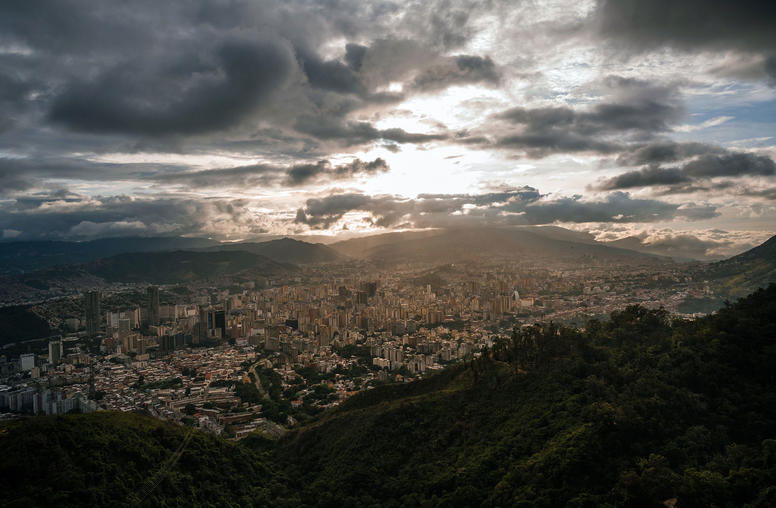
Russia’s Invasion of Ukraine Shakes Up Venezuela’s Geopolitical Status Quo
As the United States gauges the global fallout from Russia’s invasion of Ukraine, U.S. officials quietly met with Venezuelan leader Nicolás Maduro in what marked a dramatic shift in longstanding U.S. policy. Despite cautious readouts from both sides, Venezuela’s subsequent release of two American prisoners indicates the meeting may have opened the door for future cooperation in addressing one of the world’s worst political, economic and humanitarian crises. USIP’s Ana Caridad and Keith Mines look at what we know about the trip, the possible diplomatic paths forward, where Venezuela’s opposition movement fits in, and how Venezuela’s deep ties to Russia might affect U.S.-Venezuelan engagement.

La Invasión Rusa de Ucrania Sacude el Statu Quo Geopolítico de Venezuela
Mientras Estados Unidos evalúa las consecuencias globales de la invasión rusa de Ucrania, los funcionarios estadounidenses se reunieron en silencio con el Presidente venezolano Nicolas Maduro en lo que marcó un cambio drástico en la establecida política exterior estadounidense. A pesar de las lecturas cautelosas de ambas partes, la posterior liberación de dos prisioneros estadounidenses por parte de Venezuela indica que la reunión puede haber abierto la puerta a una futura cooperación para abordar una de las peores crisis políticas, económicas y humanitarias del mundo. Ana Caridad y Keith Mines de USIP analizan lo que sabemos sobre el viaje, los posibles caminos diplomáticos a seguir, dónde encaja el movimiento de oposición de Venezuela y cómo los profundos lazos de Venezuela con Rusia podrían afectar el reciente relacionamiento entre Estados Unidos y Venezuela.
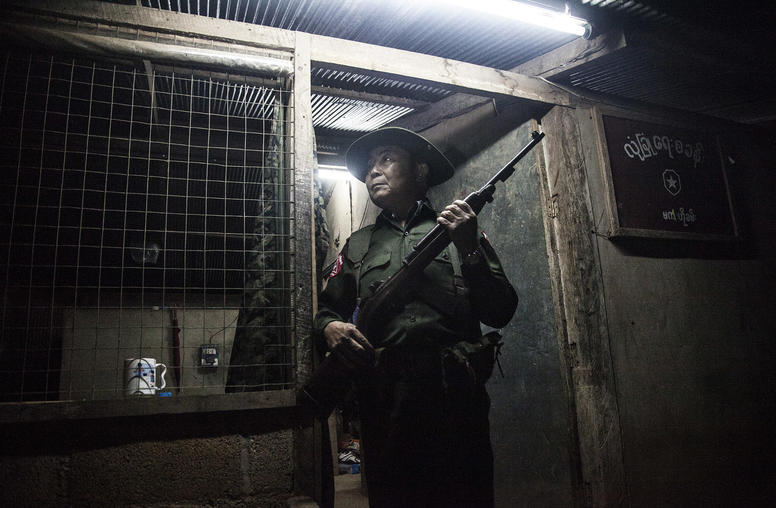
The Myanmar Army’s Criminal Alliance
In December 2021, at a grand ceremony in Myanmar’s capital Naypyidaw, the country’s military chief — and leader of last year’s coup — awarded the highest honors for “extraordinary contributions to the development of the state” to an internationally obscure entrepreneur named Liu Zhengxiang.
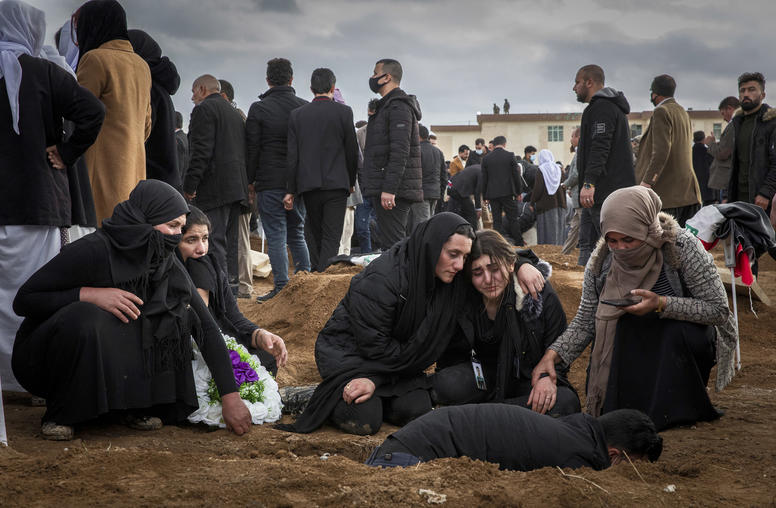
A New Test for Iraq’s Democracy and Stability
The sudden crisis around Russia threatens democratic norms and energy markets worldwide, only heightening the urgency of stabilizing Iraq, the world’s fifth-largest oil producer. Yet five months after Iraq’s elections, held in response to massive protests against ineffective governance, political factions remain dangerously deadlocked in efforts to form a new government. Shaping a more stable, peaceful Iraq—and responding to the 2019-2020 grassroots demands for democratic, accountable governance—will require a fuller inclusion of Iraq’s ethnic and religious minorities. Yet the prospects remain unclear. Iraq’s minority communities are watching carefully, as their future depends on it.
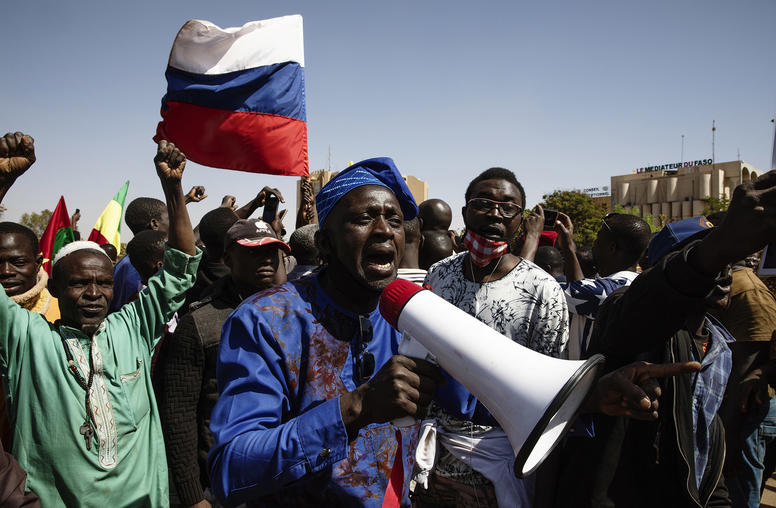
Countering Coups: Experts Offer Steps for U.S. Policy
After a “year of coups” around Africa’s greater Sahel region, U.S. and other policymakers and democracy advocates are discussing how to respond. What policies—by the United States, other democracies and international institutions—can preserve democratic advances of recent decades and reverse the surge in military takeovers? Recent discussion among U.S.-based policy analysts has converged around several priorities. Analysts convened by USIP suggest concrete steps to broaden support for fragile democracies and to reverse coups when they happen.
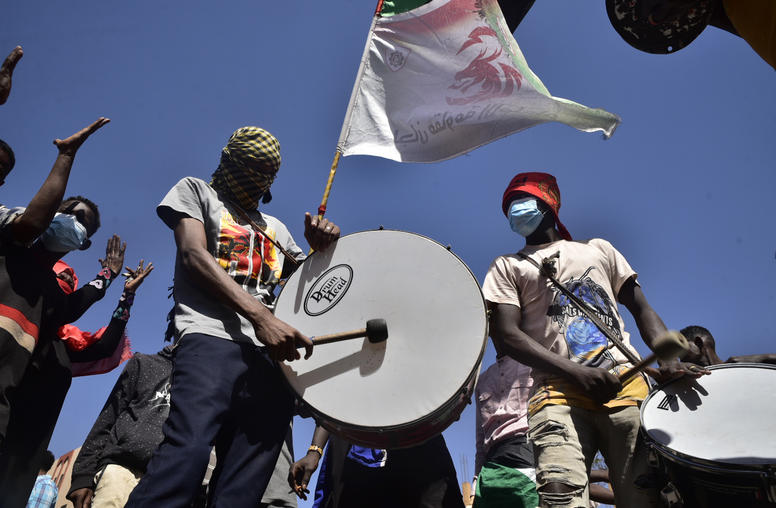
Countering Coups: How to Help Rebuild Democratic Rule
The past year’s surge in coups around Africa’s greater Sahel region highlights the need for the United States, other democracies and African governments to improve past practices that often have been ineffective in preventing armed seizures of power and in reversing them when they occur. Many Sahel countries have suffered repeated coups—a warning that we need to strengthen the ways that we shape our efforts at restoring democracy. USIP experts suggest that these transitions must become periods for broad, national dialogues to set agendas for change that can make strengthen democracy and interrupt cycles of failed governance.
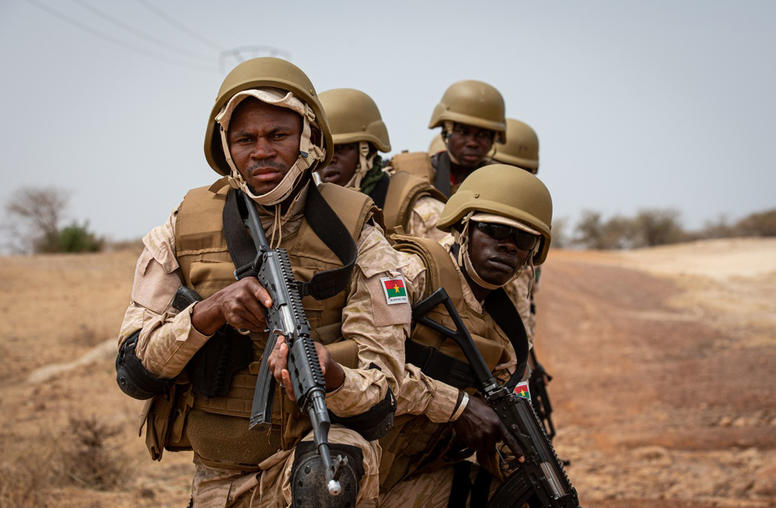
Countering Coups: How to Prevent Armed Seizures of Power
Armies have seized power in five states of the greater Sahel over nine months, cementing this African region as the most pronounced center of a global crisis. The Sahel’s military coups d’état are an acute symptom of poor and authoritarian governance that is breeding extremism and transnational criminality, igniting violence and undermining efforts to build democracies. These crises highlight widening security risks for the Sahel’s 135 million people and ultimately for Europe and the United States. Congress has begun urgently needed policy changes that analysts say should now be accelerated to prevent further coups and to buttress stability and democracy.

Priscilla Clapp on the Anniversary of Myanmar’s Coup
A year after the military coup, Myanmar’s diverse opposition is working together on an alternative to military rule. USIP’s Priscilla Clapp says while “it will take years to bring a consensus about for this new government, it’s a very good start … we have hope that there can be unity there if they work on it.”
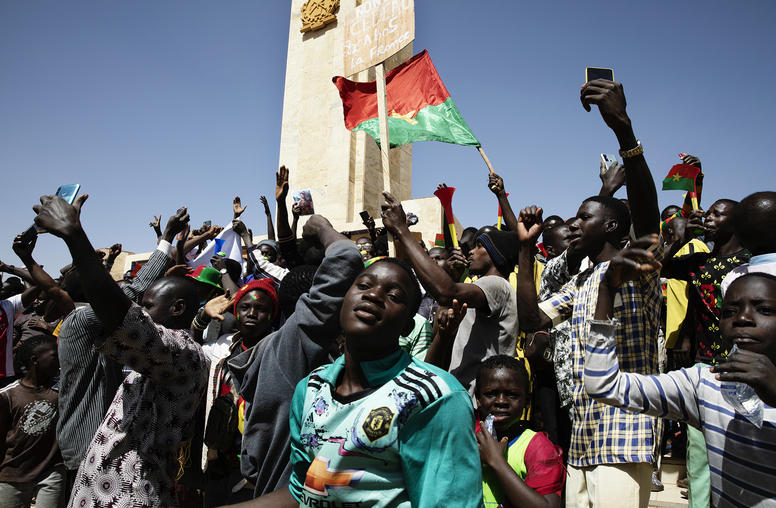
A Sixth Coup in Africa? The West Needs to Up Its Game.
The government of Guinea-Bissau says it survived an attempted coup d’état yesterday, just days after Burkina Faso suffered the fifth coup in nine months around the greater Sahel. These upheavals cement this African region as the most pronounced center of a global crisis: Poor and authoritarian governance is breeding extremism and transnational criminality, igniting violence and undermining efforts to build democracies. Following last year’s military power grabs in Chad, Mali, Guinea and Sudan, the new crises highlight widening risks to security — for the 135 million people of the Sahel region, and ultimately for Europe and the United States. They also point to changes needed in U.S. and international policies.